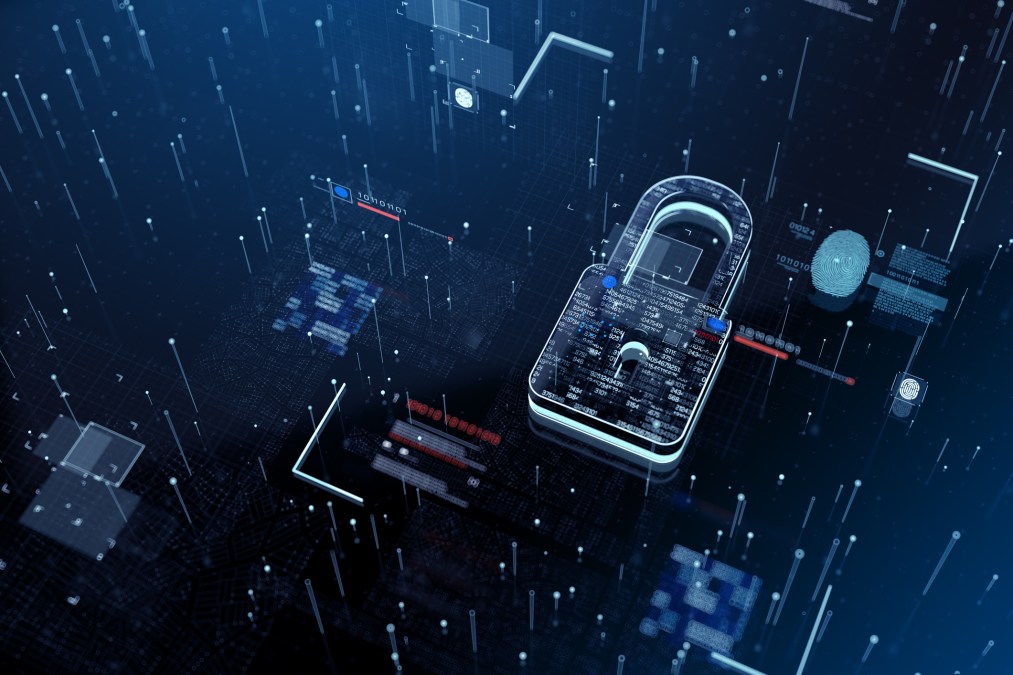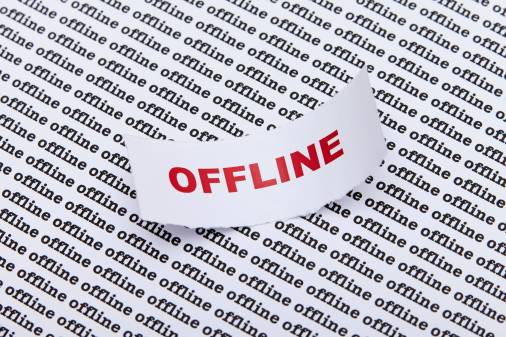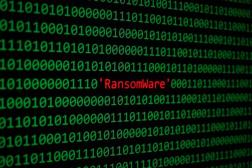Cyberattacks keep two community colleges closed after Thanksgiving

Butler County Community College in Pennsylvania and Lewis and Clark Community College in Illinois temporarily closed their campuses following Thanksgiving week to recover from cyberattacks.
Information technology officials at both schools announced Nov. 24 on social media that they were experiencing service issues.
Butler County Community College said that it was hit with a ransomware attack on Nov. 19, the same day the school’s IT team notified campus on maintenance on several servers, according to updates on the school’s website. IT workers started noticing issues five days later.
Lewis and Clark, located in southern Illinois, about 40 miles from St. Louis, has not specified the type of cyberattack it’s experiencing, but announced Sunday that it will cancel classes and keep its campuses closed this week for “necessary recovery time for our IT systems.” A Facebook post indicated that students will not be penalized for missed work during outages.
Butler County Community College, meanwhile, canceled all classes for Monday and Tuesday, which had been planned to be held remotely to mitigate coronavirus spread during the final week of the semester, according to its website.
The respective attacks are part of an overall rise in cybersecurity threats to higher education and other organizations. Federal agencies issued a warning ahead of Thanksgiving to “stay vigilant” during the holiday, citing several 2021 attacks that took place during or ahead of holidays. Howard University in Washington, D.C., suffered a ransomware attack ahead of Labor Day, and high-profile attacks on the Colonial Pipeline and meat supplier JBS both took place during holidays.
Many colleges schedule their final-exam periods for just after the Thanksgiving holiday. Experts told EdScoop in September that attackers often time attacks during high-demand periods, like before administrative deadlines, to increase their urgency.




